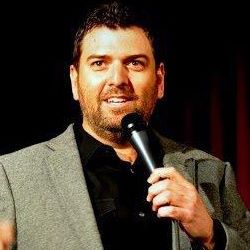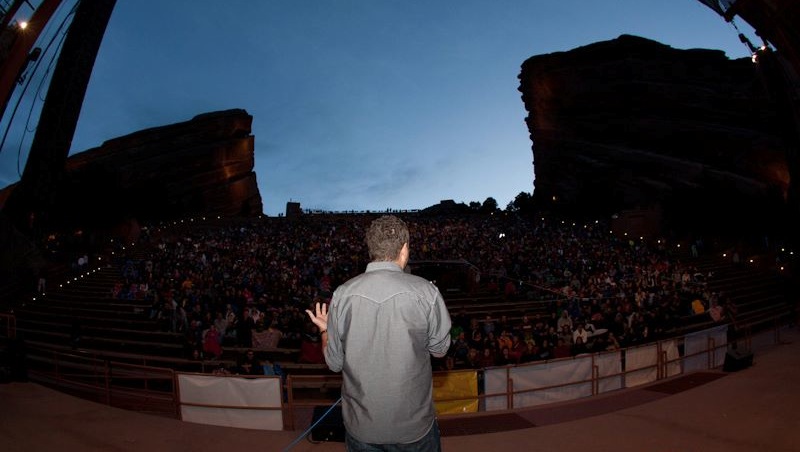I played golf today. That’s not news. Nor is it much to write about. Yet, something happened on the golf course that made me think about our society, where we are as a country, and our need to belong to our own tribe.
The moment on the golf course was pretty innocuous. I played as a single, which meant I was going to be paired up with three other people. I’ve been playing golf for 25 years, so this is not a big deal to spend the day with strangers. You often chat a bit during the four or five hours and everyone gets along well. Sometimes you meet people in your line of work or make some great connection. There are even occasions when you become friends and play together another time. Nonetheless, it’s pretty easy and casual.
Well, today, one of my playing partners started talking with me about the brand of clubs I was playing. I play Nike, which recently announced that they would no longer be making golf clubs. During our discussion, it became clear he didn’t think Nike was much of a golf brand and was denigrating the equipment in a subtle way. This should have been no big deal — but I found myself getting defensive! Of all the things going on in this world, how could something like this upset me?
Well, perhaps I’m shallow. Or perhaps it’s part of stronger inner need to belong to a group or a tribe. I want to identify with people who think like me and we are all winners! Of course, the truth in that is that we also oppose others who are not in our tribe. We find ourselves at times choosing sides, when that’s often not necessary.
As the talk about education reform and major changes in our professional field heat up, I am going to try to remind myself that we don’t need to be in warring factions. We can disagree, but still maintain civility so its not us versus them. That’s hard to do as a human, but I’m going to do my best.
I should try to wrap this blog up with a clever golf tie-in, but one escapes me at the moment. With my jumbled mind these days, that’s pretty much par for the course.







